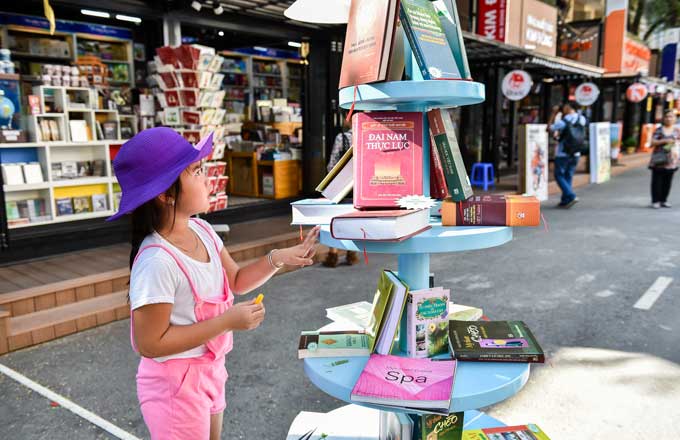Small stores rely on new retail revolution
|
 |
|
Sina Weibo page of BYD Auto Co Ltd. Feng Yongbin / China Daily |
Meanwhile, 29-year-old Shanghai office worker Tu Jing says she has been "kind of falling in love" with online shopping, or at least collecting shopping information on items, on Weibo.
Her favorite online shopping destination used to be Taobao.
"There is something very basic, almost human, about interaction with an online store, and with other customers online," she said.
"It's just like being back in your childhood, when you could sometimes get a free lollipop from the boss of the local store in your neighborhood.
"It's great when you hear about complaints about something from another store, even though they are strangers in real life.
"That's something you never get from the big-box stores," said Tu.
She adds that she loves the experience of telling her favorite cookie bakery on Weibo, how low-fat she wants her biscuits to be, and next time she buys cookies from the store, without a word, the boss offers exactly the low-fat kind she wants.
This idea of a shopping community coincides with what Jack Ma, the founder of Alibaba Group and Taoboa, now China's largest shopping platform, is believed to want for his sites — a growing population of small-businesses users.
Having earned 1 trillion yuan in turnover in 2012 and attracting big names like Nike, Canon and Sumsung to its two sites — the customer-to-customer Taobao.com and business-to-customer Tmall — Ma has said he believes "the future of e-commerce lies in small business".
"Small is beautiful," he told a forum in September, claiming small businesses are not only the roots of his e-commerce empire, but also the future drivers of the global economy over the next two decades.

















